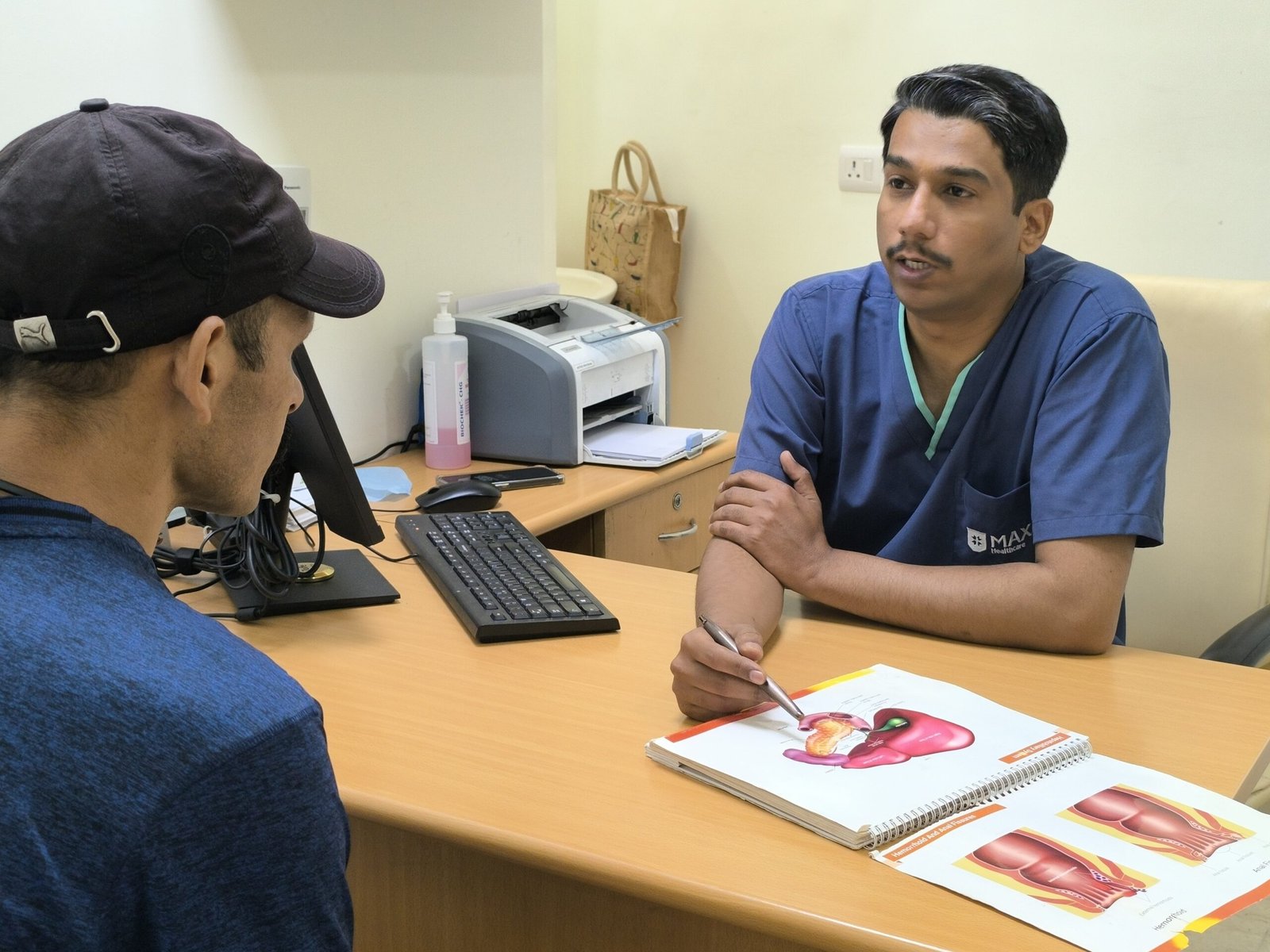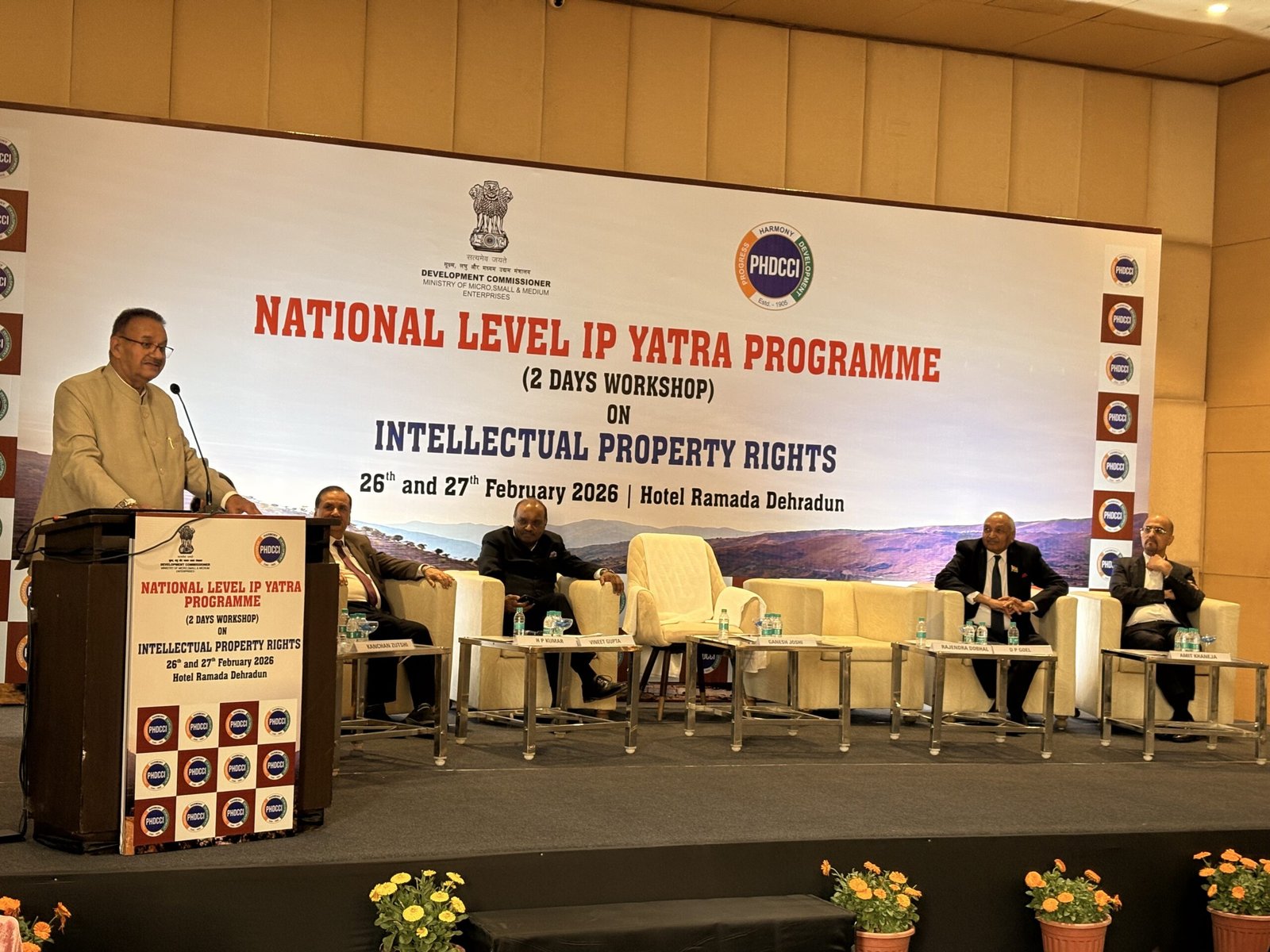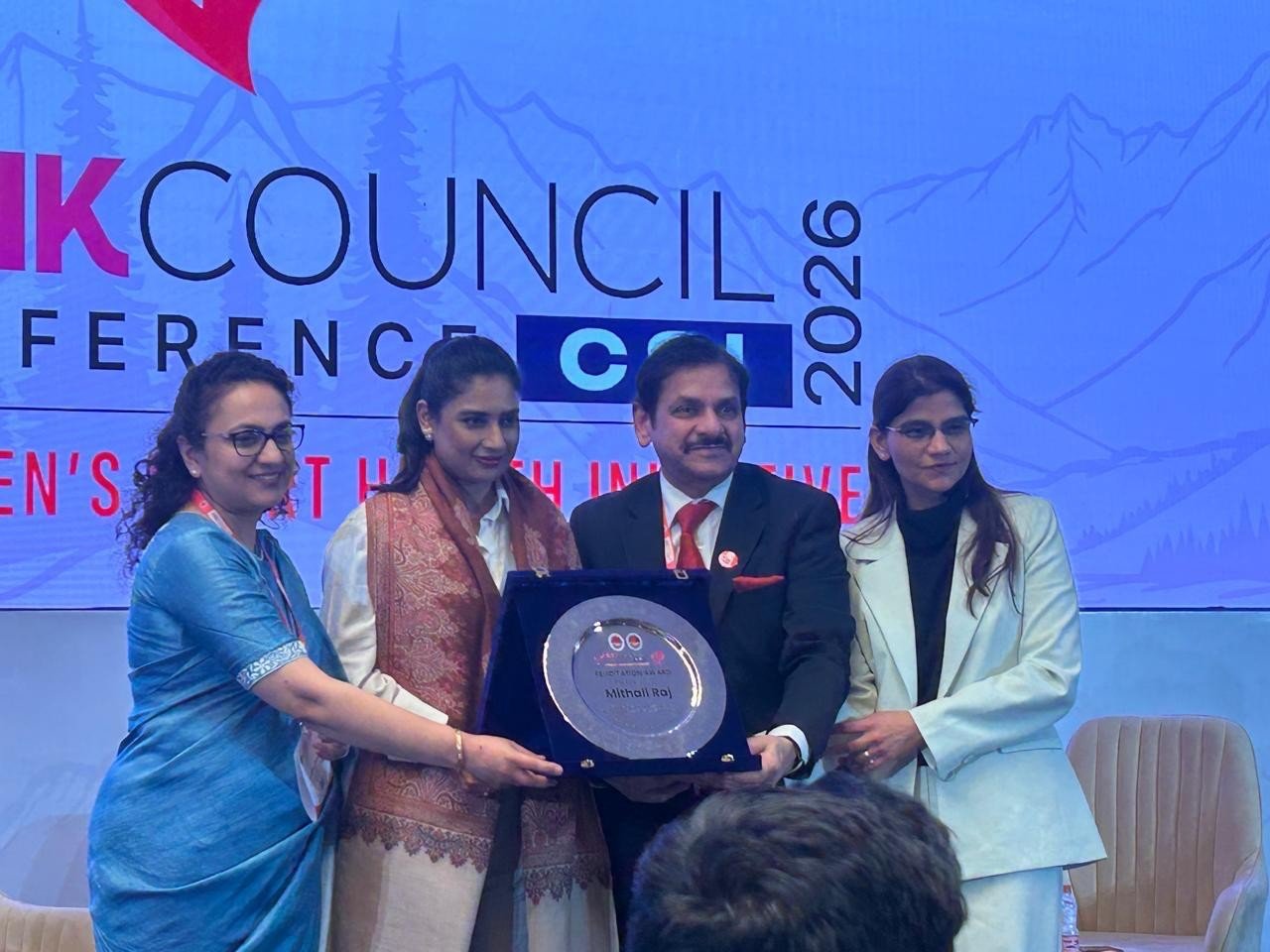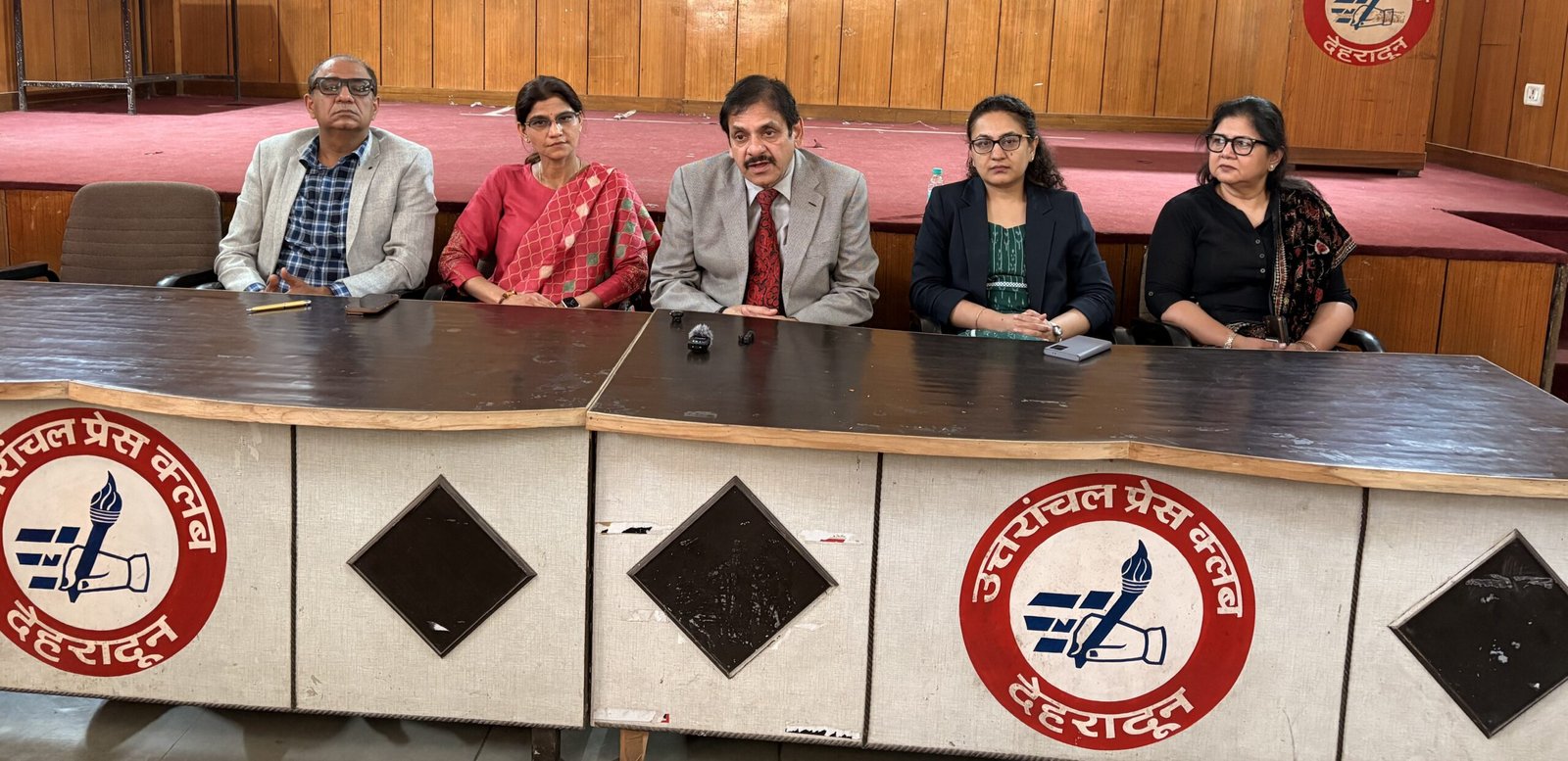Dehradun: On the occasion of World Liver Day, Max Super Speciality Hospital, Dehradun, organised an awareness initiative to educate the public about Fatty Liver Disease — its symptoms, causes, diagnosis, and available treatment options.
Fatty Liver Disease, medically termed Hepatic Steatosis, has emerged as one of the fastest-growing liver-related health conditions worldwide. Often progressing silently in its early stages, the condition may go worsen if unnoticed until it advances into more serious complications, like, liver cirrhosis, hepatitis, or liver cancer. Obesity and diabetes are among the major risk factors contributing to liver-related health issues.
Dr. Abhijit Bhavsar, Consultant – Gastroenterology, Hepatology & Endoscopy, Max Super Speciality Hospital Dehradun, said, “Fatty Liver occurs when excess fat builds up in the liver cells and is strongly linked to unhealthy lifestyle choices. The liver, being the second-largest organ in the body, plays a vital role in digestion, nutrient absorption, and detoxification. When fat accumulation exceeds healthy limits, it disrupts these crucial functions and can eventually lead to inflammation, liver damage, and long-term complications such as fibrosis, cirrhosis, or liver cancer.”
Dr. Bhavsar explained that Fatty Liver Disease is broadly classified into two types — Alcoholic Fatty Liver Disease (AFLD) and Non-Alcoholic Fatty Liver Disease (NAFLD). AFLD is caused by excessive alcohol consumption, which impairs the liver’s ability to break down fats, leading to fat build-up, liver cell damage, and an increased risk of liver failure. Whereas, NAFLD develops in individuals who consume little or no alcohol. While its exact cause is not fully understood, it is closely linked to obesity, type 2 diabetes and insulin resistance. Other triggers include certain medications (like corticosteroids and tetracyclines), viral infections (such as hepatitis C), genetic disorders, malnutrition, anemia, rapid weight loss, and in rare cases, pregnancy.
One of the biggest challenges with fatty liver is its silent nature, speaking upon its symptoms, “Fatty Liver include persistent fatigue, weakness, abdominal discomfort, loss of appetite, and in severe cases, jaundice, swelling in the abdomen or legs, and mental confusion. Fatty liver disease can be effectively managed if detected early. The cornerstone of treatment lies in lifestyle modifications. This includes adopting a healthy, balanced diet, engaging in regular physical activity, and aiming for gradual weight loss. In addition, managing associated conditions like diabetes, high cholesterol, and hypertension is essential. In some cases, doctors may recommend medications to reduce liver inflammation or improve metabolic parameters. Regular liver function monitoring and periodic checkups play a key role in tracking disease progression and preventing complications.” Dr. Bhavsar added.











